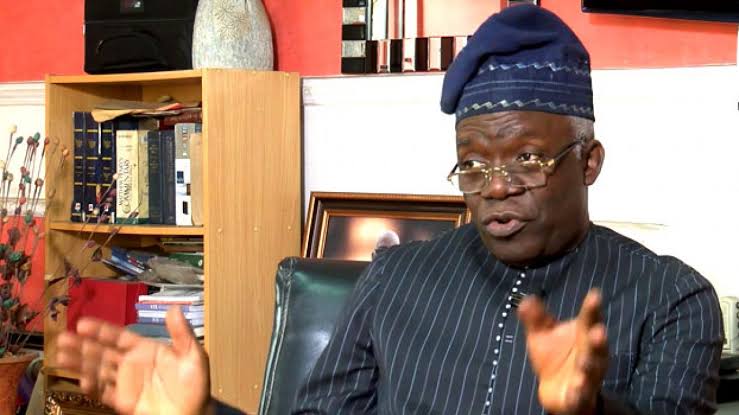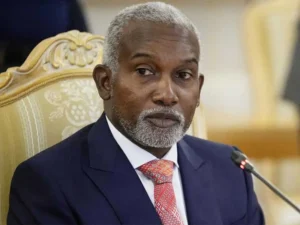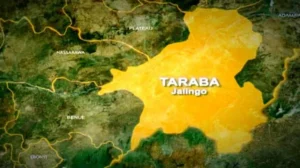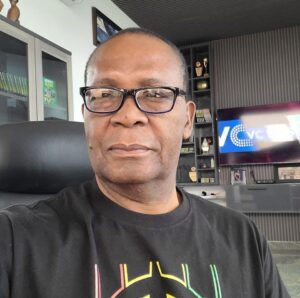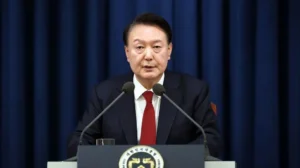In recent developments, prominent human rights lawyer, Femi Falana, has publicly criticized the Nigeria National Petroleum Company Limited (NNPCL) for fixing petrol prices, which he says is a violation of the Petroleum Industry Act (PIA). Falana’s critique has sparked significant debate, particularly given the rising fuel prices that have unsettled Nigerians in recent months.
At the heart of Falana’s argument is the fact that the NNPCL’s actions contravene a fundamental aspect of the Petroleum Industry Act. Passed into law in 2021, the PIA was designed to reform the oil and gas sector in Nigeria. One of its key provisions, outlined in section 205, is that the price of petroleum products in the country should be determined by market forces.
The idea behind deregulation is simple: let the supply and demand of the market decide prices, not government or state-run entities. This approach, in theory, would bring about transparency, encourage competition, and eventually lower prices for consumers as companies compete for market share.
However, Falana points out that NNPCL’s recent actions seem to contradict this goal. He stated, “The NNPCL has no legal authority to fix the price of fuel, whether it’s locally refined or imported. According to the Petroleum Industry Act, this is illegal. Prices should be determined by market forces, not by NNPCL.”
Nigerians were shocked in late September 2024 when the NNPCL announced a sudden hike in petrol prices. At their retail outlets in Lagos, the price of a litre of petrol surged from N855 to N998. In Abuja, the capital city, prices jumped from N897 to a staggering N1,030 per litre. This increase caused widespread panic-buying, as motorists and transporters rushed to fill their tanks, fearing even higher prices.
In a matter of hours, filling stations across the country, even those not owned by NNPCL, followed suit. In some parts of Lagos, petrol stations raised prices to over N1,050 per litre. This trend has only deepened the public’s frustration with rising fuel costs, which have seen sharp increases over the last several months.
To add to the confusion, just earlier in September, NNPCL had already raised petrol prices from N568 to N855 per litre. This latest price hike, coming just weeks later, has left many Nigerians grappling with the financial burden of higher transportation and living costs.
Falana expressed concern that despite the official line that the fuel market has been deregulated, the NNPCL continues to play an outsized role in setting fuel prices. This, he argues, is not only illegal but undermines the very essence of deregulation.
“The Nigeria National Petroleum Company Limited fixed the price of fuel refined by the Dangote Refinery. Once again, so-called market forces were ignored, which violates the law. The NNPCL’s role is not to set prices but to operate within a market-driven system as intended by the PIA,” he said.
By setting prices for both imported and locally refined fuel, Falana says the NNPCL is interfering with a process that should be left to market dynamics. This interference, he believes, not only goes against the law but also raises questions about how truly deregulated the Nigerian fuel market is.
The consequences of these price increases are being felt throughout the economy. Transportation costs have skyrocketed, as commercial vehicle operators have had to pass on the cost of fuel to commuters. In turn, this has led to higher prices for goods and services, exacerbating inflation in a country already grappling with economic challenges.
Many Nigerians are now questioning whether the deregulation policy, as implemented by the government, is working in their favor. If prices continue to rise, without clear explanations or a transparent process, public trust in the system may further erode.
Falana has called on the federal government to enforce the provisions of the Petroleum Industry Act and ensure that fuel prices are determined by market forces as the law stipulates. He also suggests that the NNPCL should cease fixing petrol prices and allow competition and market dynamics to shape the industry.
Whether or not the government will take action remains to be seen. For now, however, Nigerians are left grappling with the reality of ever-increasing fuel prices and the uncertainty of what comes next.
Femi Falana’s accusation against the NNPCL has highlighted a critical issue within Nigeria’s oil and gas sector—whether the country’s fuel market is truly deregulated, as claimed. The lawyer’s legal argument emphasizes that market forces should determine prices, not government agencies or companies. As petrol prices continue to climb, the issue of fairness and legality in Nigeria’s fuel pricing system will remain a hot topic for both the public and policymakers.
